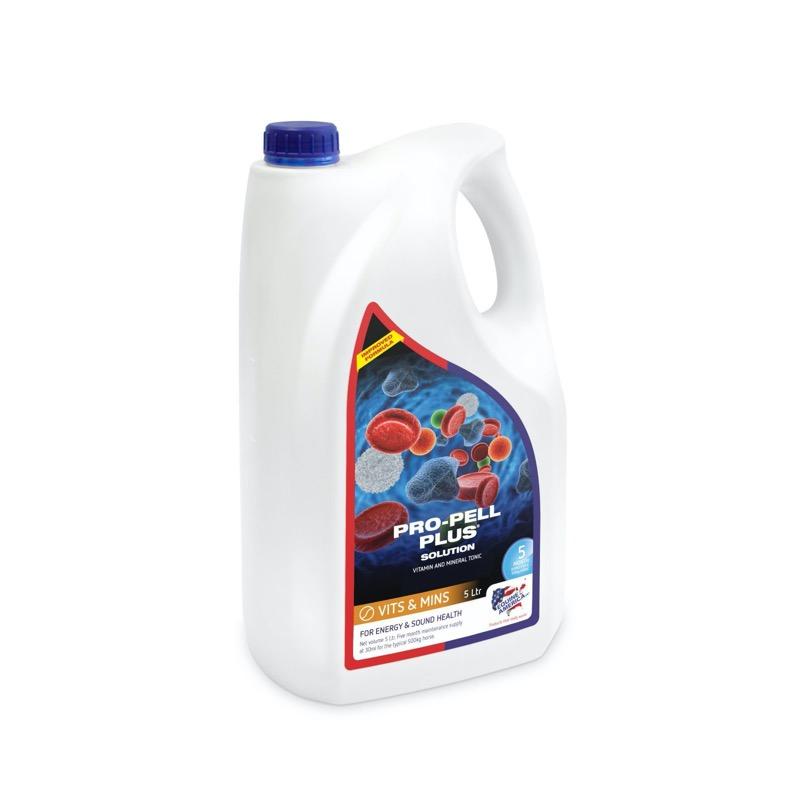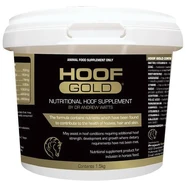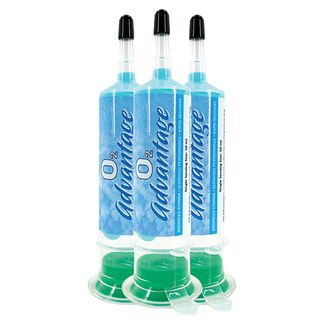Essential Vitamins and Minerals Horses Need Most

Horses require a balanced diet rich in specific vitamins and minerals to maintain optimal health, performance, and longevity. Understanding these nutrients and their roles can help horse owners provide the best care.
Key Vitamins for Horses

| Vitamin | Role in Horse Health | Common Sources |
|---|---|---|
| Vitamin A | Supports vision, immune function, and skin health | Green leafy forages, carrots, supplements |
| Vitamin D | Regulates calcium and phosphorus absorption for bone health | Sunlight exposure, fortified feeds |
| Vitamin E | Acts as an antioxidant, supports muscle and immune health | Fresh pasture, wheat germ, supplements |
| Vitamin K | Essential for blood clotting and bone metabolism | Green plants, gut bacteria synthesis |
Additional Vitamin Insights
- Vitamin B Complex: Includes B1 (thiamine), B2 (riboflavin), B6 (pyridoxine), and B12, crucial for energy metabolism and nervous system function.
- Vitamin C: Although horses can synthesize vitamin C, supplementation may be beneficial during stress or illness.
Essential Minerals for Horses
| Mineral | Function | Dietary Sources |
|---|---|---|
| Calcium | Vital for strong bones and teeth, muscle function | Forages, alfalfa, mineral blocks |
| Phosphorus | Works with calcium for bone development and energy metabolism | Grains, forages |
| Magnesium | Supports nerve function and muscle relaxation | Forages, grains, mineral supplements |
| Potassium | Maintains fluid balance and muscle function | Forages, grains |
| Sodium & Chloride (Salt) | Regulate hydration and nerve impulses | Salt blocks, feeds |
| Iron | Necessary for oxygen transport in blood | Forages, grains |
Trace Minerals
- Zinc: Important for skin health and immune function.
- Copper: Supports connective tissue and iron metabolism.
- Selenium: Acts as an antioxidant; deficiency or excess can cause health issues.
Signs of Deficiency
- Poor coat condition
- Weakness or muscle tremors
- Bone deformities or fractures
- Reduced immune response
FAQs
Q1: Can horses get all vitamins and minerals from pasture alone?
A1: While fresh pasture provides many nutrients, supplementation is often necessary, especially in winter or for performance horses.
Q2: How do I know if my horse needs supplements?
A2: Consult a veterinarian or equine nutritionist; blood tests can identify deficiencies.
Q3: Are there risks to over-supplementing?
A3: Yes, excessive intake of certain minerals like selenium can be toxic.
Conclusion
Providing a balanced intake of essential vitamins and minerals is crucial for your horse’s health. Regular diet assessment and consultation with professionals ensure your horse thrives throughout all life stages.
